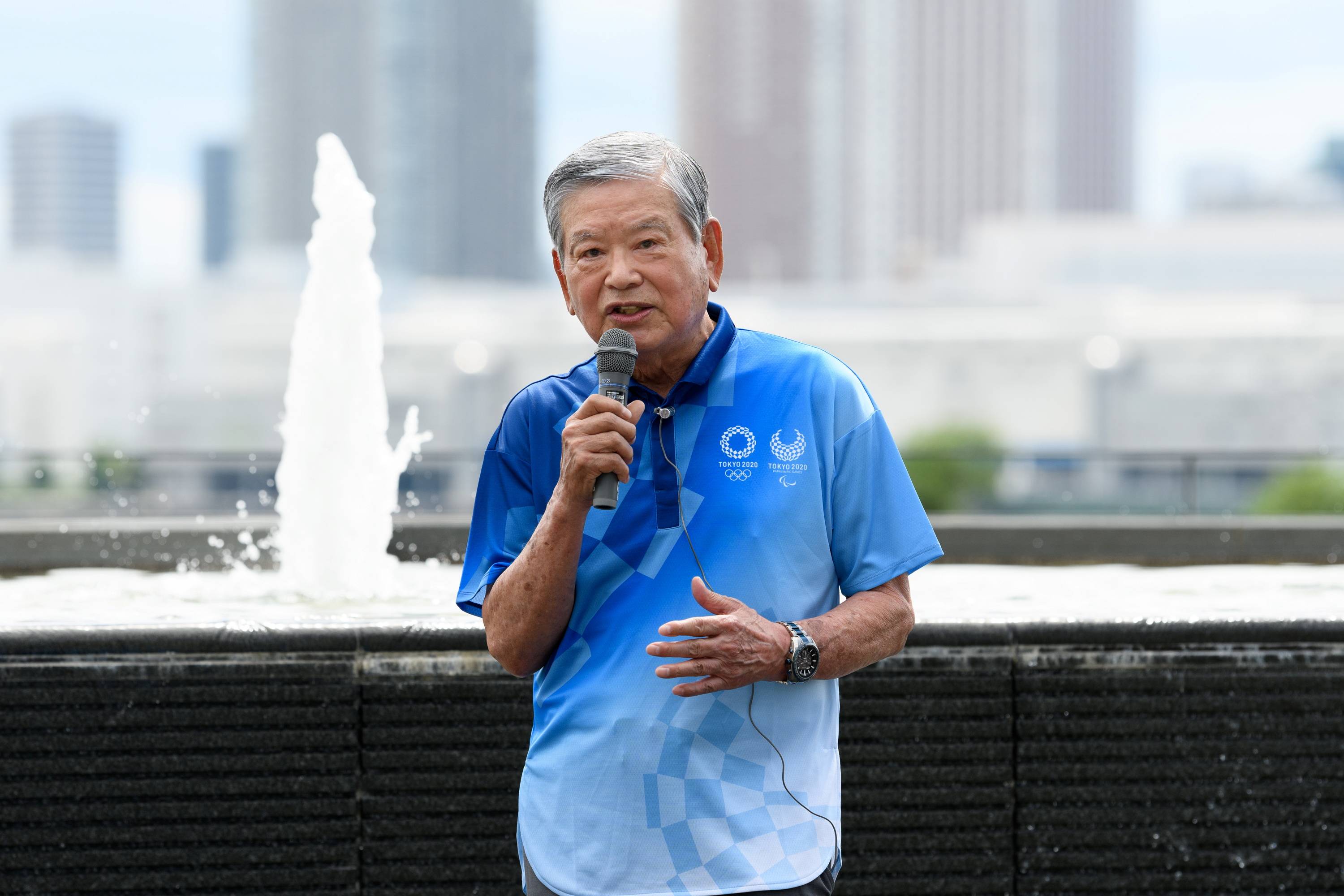On June 20, domestic and international media toured the Olympic and Paralympic Village where athletes will be housed during the 2020 Tokyo Olympics. At one point, former J. League chairman and current “mayor” of the village, Saburo Kawabuchi, chided the assembled press, saying that they had talked about whether the games should proceed and that many Japanese people thought they shouldn’t, but at this point there was nothing to do but carry out the Olympics as planned. The games, he said, were not just for the Japanese people, but also something “Japan has promised to the world,” and he wondered why the media hadn’t properly promoted that aspect.
In an article for Yahoo! News, journalist Hiroyuki Morita cited Kawabuchi’s comments as illustrative of how public relations surrounding the 2020 Tokyo Olympics and Paralympics has developed in recent months. By saying it was too late to cancel the games and then insisting that the focus be on Japan’s organizational capabilities rather than the Japanese public’s feelings, Kawabuchi, according to Morita, was contradicting the spirit of the Olympics by stressing national power. However, his scolding tone was perhaps misplaced, since, as Morita points out elsewhere in the article, the Japanese media, some of which has sponsorship deals with the Olympics, has in fact downplayed the public’s disillusionment with the games and their attendant fears with regard to the COVID-19 pandemic.
They do this partly with public opinion surveys, a media tool that Morita characterizes as being too malleable. He singles out NHK, whose surveys have continually “moved the goalposts” of such inquiries’ perceived purpose. A survey the public broadcaster carried out in January divided possible answers about whether to go ahead with the games into “should proceed” (16%), “should be cancelled” (38%) and “should be postponed” (39%). However, the possible answers in its February survey were different: “should proceed” (3%), “should proceed but with limited spectators” (29%) “should proceed without spectators” (23%) and “cancel” (38%). In February, there was no question about postponement, so the overall portion of people who said the games should proceed exceeded that of people who said they shouldn’t.


















With your current subscription plan you can comment on stories. However, before writing your first comment, please create a display name in the Profile section of your subscriber account page.